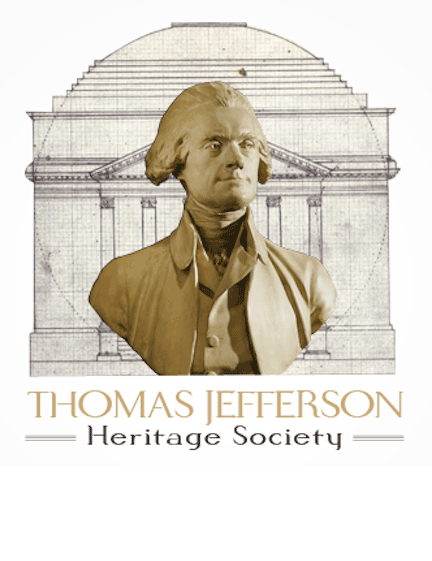Liberty, State, & Union
The Political Theory of Thomas Jefferson
Luigi Marco Bassani
Reviewed by Richard E. Dixon
It has become a conventional exercise in recent years to see Thomas Jefferson through the prism of slavery, as though that were the cornerstone on which his political and social philosophy should be examined. It has become almost mandatory for historians to pronounce Jefferson as ambivalent over slavery and conclude that was a trait of his character.
There is little mention of slavery in this exploration of the underlying principles in Jefferson’s political thought which Luigi Marco Bassani finds philosophically consistent. He places Jefferson in a solid Lockean tradition that man is born with certain natural rights, which include liberty and property. He has a civil right within the structure of government for those rights to be protected.
Jefferson is often cited as an architect of democracy. Yet, Jefferson had little experience with democracy. To him, the Constitution created a republic with power residing in the citizens at the local level, an empire for liberty. Jefferson foresaw the need to restrain the natural gravitational pull toward central power. Bassani argues that the Kentucky Resolutions is the most detailed exposition by Jefferson of the need for parity of power between the state and federal governments.
Contemporary political theorists generally see the federal system as a better protector of individual rights, that uniform equality is only possible at a central level. Bassani asserts this is contrary to Jefferson’s belief that the states are a shield against federal encroachment. The preservation of individual liberty rises above the importance of union in the pursuit of happiness.
Bassani believes the struggle between federal and state power was an issue in doubt during the first half of the 19th century, but that the trajectory of Jefferson’s vision was permanently altered by the American Civil War.
